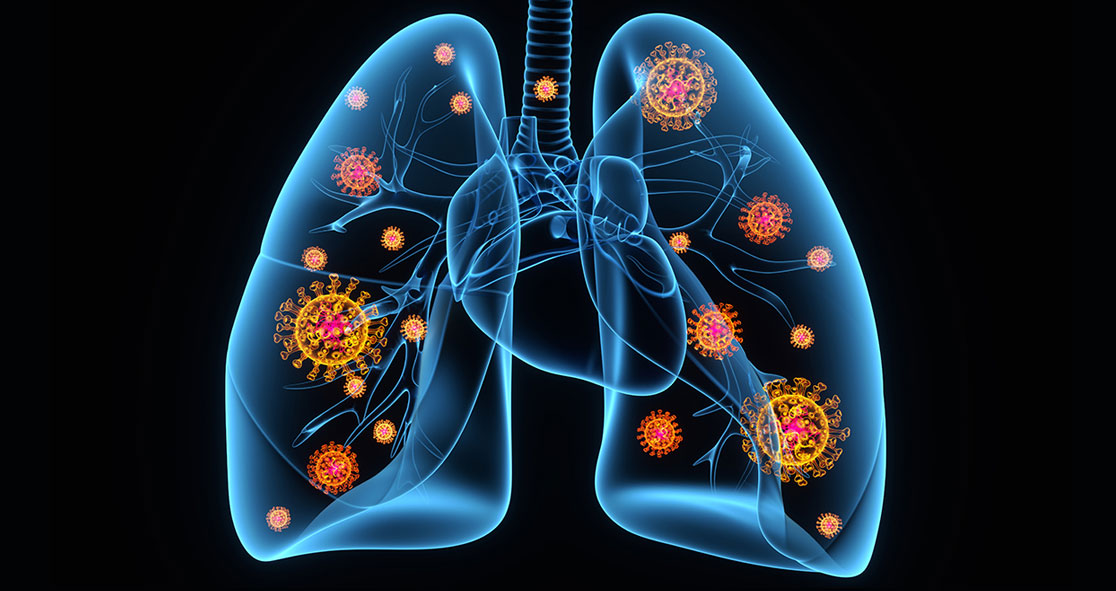Researchers at Columbia University Irving Medical Center have found that lungs store long-term memory of COVID-19 infection, according to Medical Xpress.
The researchers, who published their findings Thursday in Science Immunology, said that COVID survivors have shown that “the memory of the infection is primarily stored in T and B cells within the lung and the lymph nodes surrounding the lung.”
It is important to identify the source of immunological memory to COVID-19 infection because it could help develop vaccines.
The study examined tissues from four COVID survivors who died later of unrelated causes. They died in 2020 before vaccines became available. Their tissues were compared to the tissues obtained from people who were not infected.
Typically, after 40, the immune system does not create many new T cells that are designed to memorize encounters with new pathogens, according to Medical Xpress.
Lead author Prof. Donna Farber said, “Younger people make lots of these naïve cells because exposure to new pathogens usually occurs in childhood. When you’re older, you mostly rely on your memory cells and that usually protects you. It’s very rare to encounter a completely new pathogen like we’re experiencing now.”
“We know the immune system declines with age, but that someone in their 70s could create a robust and long-lasting immunological memory response shows that parts of the immune system that we associate with younger ages still persists,” she added.
The researchers said these findings could help design and administer vaccines in ways to “promote the type and localization of immune memory that is generated from natural infection.”
Prof. Farber said, “Our study suggests that to improve protection against the virus, vaccines should target the memory immune cells within the lung and its associated lymph nodes, which can be accomplished with nasal sprays of disabled viruses.”
“We’ve found previously in mice with influenza that memory T cells in the lung are needed for optimal protection against respiratory infections, and this study strongly suggests that the same could be true in people,” she added. The article was published in Medical Xpress.























